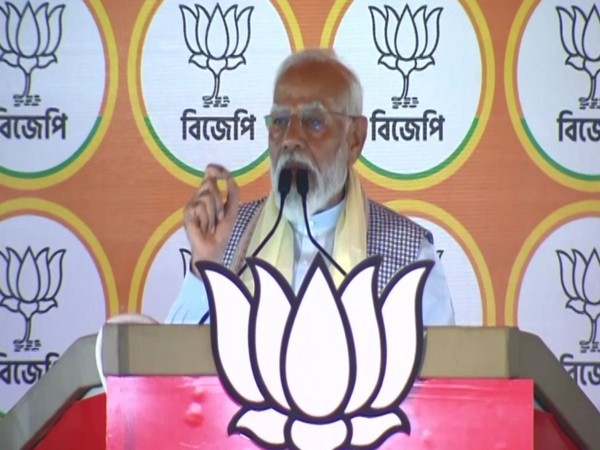Prime Minister Narendra Modi recently made a significant promise to the citizens of India. He vowed that money allegedly embezzled by corrupt leaders of the Trinamool Congress (TMC) will be returned to the country’s poor.
“Rest assured, every penny that has been looted by corrupt TMC leaders will find its way back to the poor and the needy,” PM Modi declared during a public address. His statement comes in the wake of several ongoing investigations into corruption cases involving TMC leaders.
PM Modi’s promise is seen as a powerful stance against corruption and a pledge towards social justice. It highlights his government’s determination to eradicate corruption and ensure that public funds are utilized for the welfare of the people, especially the underprivileged sections of society.
While the Prime Minister did not elaborate on the mechanism through which the recovered funds would be returned to the people, he stressed that his administration is committed to maintaining transparency and accountability in public life.
However, critics have raised questions about the practicality of such a promise and are eager to see the government’s plan to fulfill this commitment. They argue that while the intent is praiseworthy, its execution will necessitate robust systems for identifying beneficiaries and disbursing funds.
The promise has stirred the political scenario, with supporters applauding the move as a stride towards a corruption-free India, while opponents perceive it as a political rhetoric with the forthcoming elections in view.
As the nation anticipates more details on this promise, it is clear that the battle against corruption continues to be a key agenda for PM Modi’s government. The fulfillment of this promise and its implementation strategy remain to be seen.



